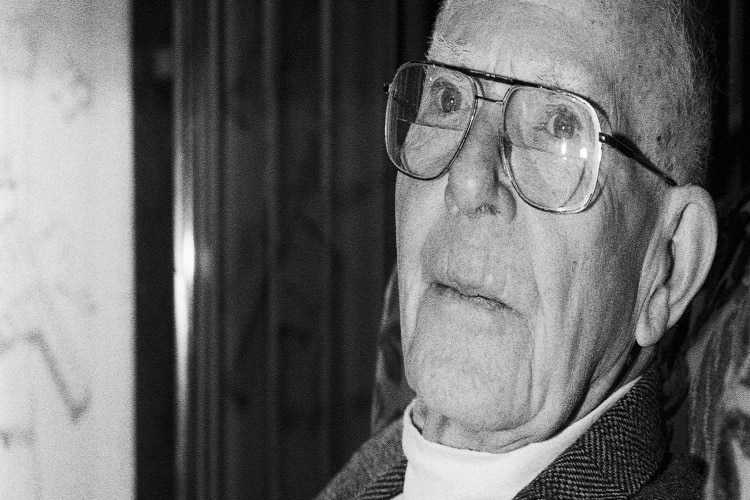Celebrating life and legacy of Raymond Davis Jr.

Raymond Davis Jr. (October 14, 1914 – May 31, 2006) was an American chemist and physicist. Raymond Davis Jr. was awarded the Nobel Prize in Physics in 2002.
Life and Career
Raymond Davis Jr. was born on 14 October 1914, in Washington, D.C., United States.
He studied at the University of Maryland, where he earned a Bachelor of Science degree in Chemistry in 1937. He continued his education at Yale University, where he received a Ph.D. in Physical Chemistry in 1942.
Davis began his scientific career at the Monsanto Chemical Company, where he worked on the Manhattan Project during World War II. After the war, he joined the Brookhaven National Laboratory in New York, where he focused on nuclear physics and astrophysics research. Davis is perhaps best known for his groundbreaking work on neutrinos, elusive subatomic particles produced by nuclear reactions in the sun. In the 1960s, he designed and conducted an experiment deep within a South Dakota mine, known as the Homestake Experiment, to detect solar neutrinos. The experiment involved using a large tank of cleaning fluid as a detector to capture the extremely rare interactions between neutrinos and chlorine atoms.
Davis’s experiment provided strong evidence for the existence of solar neutrinos and confirmed the theory of nuclear fusion powering the sun. However, it also revealed a discrepancy between the predicted and observed numbers of solar neutrinos, a puzzle known as the “solar neutrino problem” that would later be resolved through neutrino oscillation experiments. Raymond Davis Jr. passed away on 31 May 2006, in Blue Point, New York, United States.
Award and Legacy
Raymond Davis Jr. was awarded the Nobel Prize in Physics in 2002 for his pioneering work in astrophysics, specifically his experiments related to solar neutrinos. The Nobel Committee recognized his contributions to our understanding of the sun’s energy production and the detection of cosmic neutrinos.
Raymond Davis Jr. left a significant legacy in the fields of astrophysics and particle physics. His Nobel Prize and his pioneering work on neutrinos continue to influence scientific research and our understanding of the universe’s fundamental processes. Davis’s contributions have had a lasting impact on both the scientific community and our knowledge of the cosmos.
Observer Voice is the one stop site for National, International news, Sports, Editor’s Choice, Art/culture contents, Quotes and much more. We also cover historical contents. Historical contents includes World History, Indian History, and what happened today. The website also covers Entertainment across the India and World.

